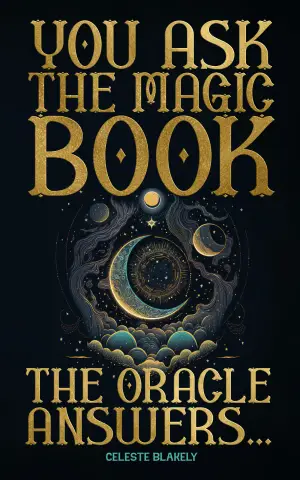As an avid reader with a keen interest in personal finance, I found myself gravitating toward “The Accounting Game: Basic Accounting Fresh from the Lemonade Stand.” This bestselling nonfiction book promised to transform the sometimes-forbidding world of finance into an engaging and interactive learning experience. Given my background in business management and my desire to sharpen my accounting skills, it felt like the perfect way to explore foundational principles in a digestible format.
The book lives up to its description with its gamified approach to learning accounting. The authors aim to demystify intimidating concepts through storytelling and engaging exercises. I appreciate this lively format, especially since several reviewers, like AIG, noted how the book transforms a typically “square and boring” subject into a delightful learning experience. They mentioned their success in using it to teach family members about reading financial statements, which perfectly resonates with my experience of using engaging resources for teaching.
One of the key positives for me was the structure of the book. Each chapter builds upon the last, and the quizzes and interactive elements throughout keep you engaged. It reminds me of what Jonathan mentioned in his review about the book being an “easy read,” and it truly is! I finished the first five chapters in a single sitting, absorbed by the colorful graphics and the clear explanations. The way the authors break down concepts made it considerably easier to grasp—especially complex topics like reconciliations and cash flow statements.
Nonetheless, the book isn’t without its drawbacks. Some readers have pointed out printing errors, as highlighted by Patrick Schulte. While these numerical mistakes didn’t detract significantly from my understanding, they do raise some concern about the book’s editorial oversight. Furthermore, a reviewer expressed discomfort with the “childish” tone. While I found the informal style to be friendly and approachable, I can see how this might not resonate with everyone, especially those looking for a more serious educational tone.
Additionally, a common critique was the observation that while the book provides a solid understanding of basic accounting principles, it doesn’t delve deep enough for those looking to become professional accountants. Although I knew I wouldn’t walk out of this book with a CPA certificate, it effectively equipped me with the tools to interpret financial statements and make informed decisions—skills that are invaluable for any business owner or entrepreneur.
Reflecting on the official book description, “The Accounting Game” truly offers a comprehensive introduction to accounting principles, making it accessible even for novices. This supportive learning environment is a huge plus. As someone at the threshold of starting my own venture, having a user-friendly guide is essential. It empowers readers, irrespective of their prior experience, to engage with their financial data meaningfully.
In conclusion, my journey through “The Accounting Game: Basic Accounting Fresh from the Lemonade Stand” has been rewarding. The unique approach, step-by-step guidance, and real-life applications brought the principles of accounting to life for me. It’s a fantastic tool for anyone who feels overwhelmed by financial jargon. While it does have minor flaws like numerical inaccuracies and a tone that might not suit everyone, these don’t overshadow the book’s overall benefits.
I highly recommend it to small business owners, aspiring entrepreneurs, or anyone looking to enhance their financial literacy. This book has certainly empowered me to make more informed decisions regarding my financial future, and I believe it has the potential to do the same for many others. Dive in, and let the accounting adventure begin!








